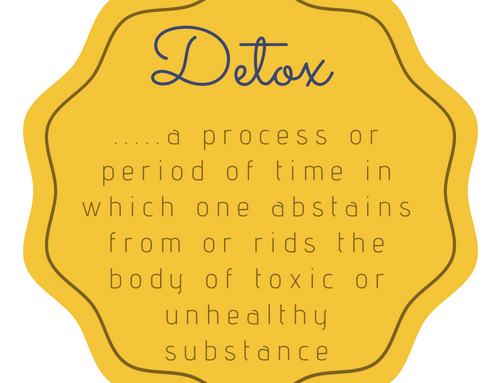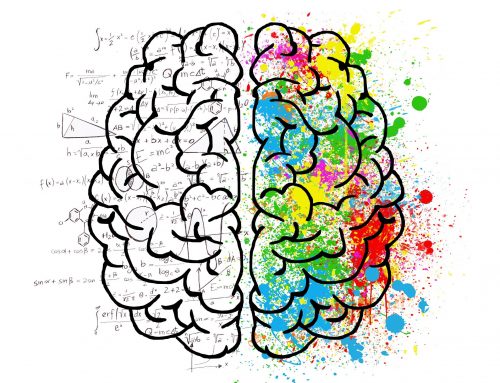Why Healing Needs A Functional Medicine Approach

More and more, the trend in healthcare is to eliminate the symptom, no matter what the cost. Clinicians often prescribe medication, or even herbal supplements that focus on eliminating the discomfort instead of working to understand what caused the dysfunction in the first place. Often the medication has side effects, for which a different medication is prescribed, creating a vicious cycle. There is also a lack of emphasis placed on the mind-body connection. Thinking patterns and belief systems that could be maintaining the current health state are often overlooked. There is a huge gap between emerging research and implementing that research into practice – as large as 50 years.
The healing model is diagnosis orientated, with minimal emphasis placed on prevention. If test results are not abnormal or do not confirm a diagnosis, clients are often told they have nothing to worry about and are sent on their way.
The gap between a state of health and a state of disease is not being attended to. If the focus shifted from damage control to prevention, many chronic disease states could be prevented. In mental healthcare, the focus is primarily on addressing thinking patterns and interactions with others through either talk therapy or medication. The medication’s aim in this case is to allopathically treat the neurotransmitter imbalance without looking to discover the source of this imbalance. Don’t get me wrong, I think there is a time and place for talk therapy. However, minimal focus is placed on the mind-body interaction and lifestyle factors that could be contributing to poor mental health.
About A Functional Medicine Approach
A functional medicine approach focuses on uncovering the root causes of dysfunction and disease. Instead of allopathically treating symptoms, functional medicine looks to address factors such as imbalances and hidden infections that lead to symptoms.
A functional medicine approach uses results from laboratory testing and the latest research to inform healing protocols. Testing is not used to diagnose or treat disease. Instead, it is used to uncover root causes of dysfunction and create a deeper understanding of the biochemical processes that may be leading to systemic imbalance.
A functional medicine approach aims to provide client-centred care. Instead of the ‘expert’ model of healthcare commonly found in conventional medicine, this approach views healing as a partnership between client and practitioner. Clients are seen as an active participants in their own healing.
A functional medicine approach views health as not just the absence of disease, but when the body’s systems are running smoothly, to their best ability. Functional medicine believes in the body’s ability to heal itself given the right environment and nutrients.
A functional medicine approach incorporates science and research, combining traditional Western medicine with alternative healing approaches. It has a holistic approach to healing, taking into consideration the complex web of interactions that leads to health states, and providing an individualized approach to healing.
A functional medicine approach looks the functioning of many processes including:
-
Hormones
-
Inflammation
-
Energy production
-
Detoxification
-
Digestion and absorption of nutrients
-
Psychological & spiritual health
-
Neurotransmitters
A functional medicine assessment explores multiple factors including:
-
Your Environment: This includes examining toxin exposure such as mold, heavy metals, air quality and water quality, your social supports and your community.
-
Mind-Body: This includes exploring belief systems, thinking patterns, as well as inflammation, neurotransmitter levels, and physical activity levels that could be impacting your health.
-
Genetic Make-Up: As dictated by epigenetics, your genetic expression is influenced by many factors including your environment, your sleep, your thoughts and beliefs and food you eat. By knowing this, changes can be made to how the genes are expressed.
A functional medicine approach works to restore balance and optimal function.






